Advertisement
Why Do You Have Leg Cramps? 15 Common Causes
Advertisement
Leg cramps hit you with a sudden, sharp pain that can make your calf or thigh muscles tighten up really fast. They can surprise you during a tough workout or even disrupt your sleep, like when you're dealing with something like restless leg syndrome. These cramps can be just a minor nuisance or seriously painful and disabling. Many things, like what you do every day or other health problems you might have, can set off these intense cramps.
Dehydration
Hydration plays a crucial role in overall health, influencing everything from kidney function to brain activity. Muscles, too, rely heavily on proper hydration, insufficient fluid levels can lead to muscle fatigue and cramps. Activities that cause sweating or exposure to high temperatures can deplete your body’s water reserves quickly, making it essential to drink plenty of fluids to maintain a healthy electrolyte balance and prevent cramps.

Advertisement
Osteoarthritis
Osteoarthritis is a common ailment among older adults, often marked by stiff and sore joints. However, it can also trigger muscle spasms and leg cramps, possibly due to nerve compression or other nerve-related issues. Those experiencing such symptoms should consult a healthcare provider to explore treatment options.
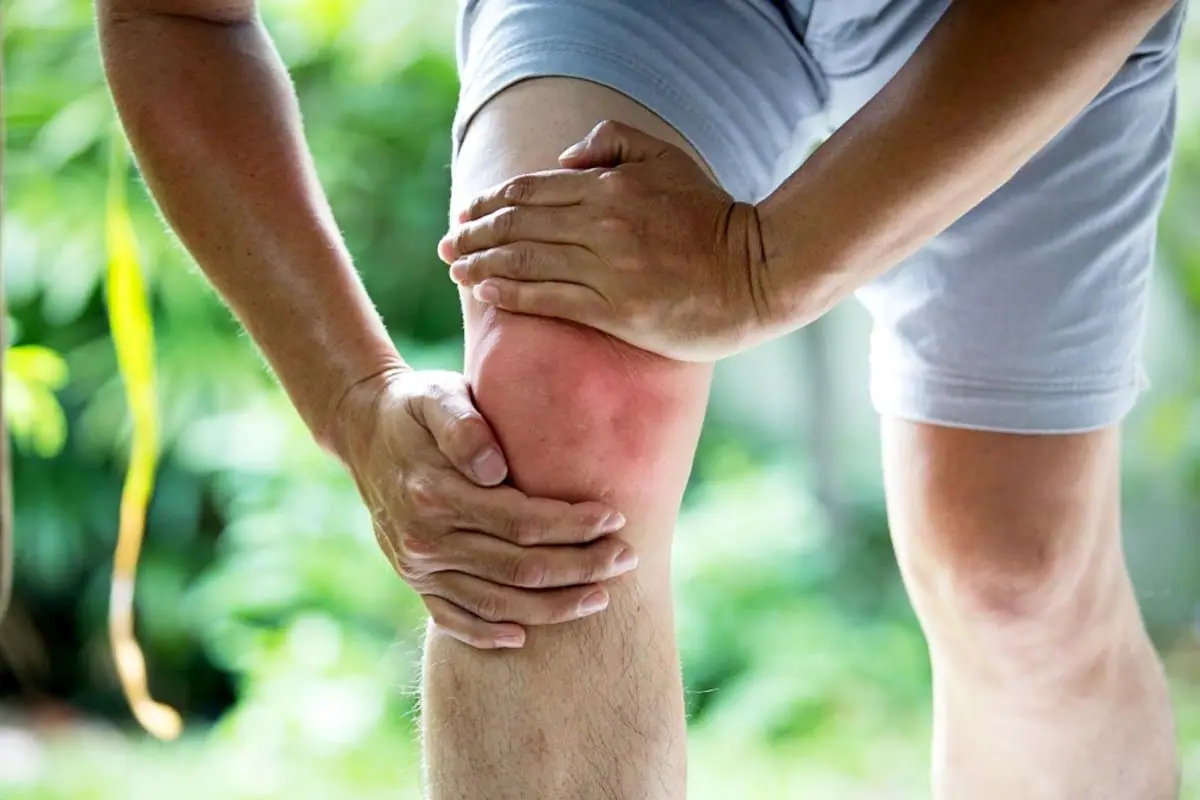
Advertisement
Pregnancy
Pregnancy brings about significant physical changes, especially in the later stages, which can increase the likelihood of experiencing leg cramps. The added weight and shifts in blood circulation, coupled with changes in hydration and activity levels, can stress the muscles. Eating a mineral-rich diet and staying hydrated, along with engaging in light exercise, can help alleviate these cramps.
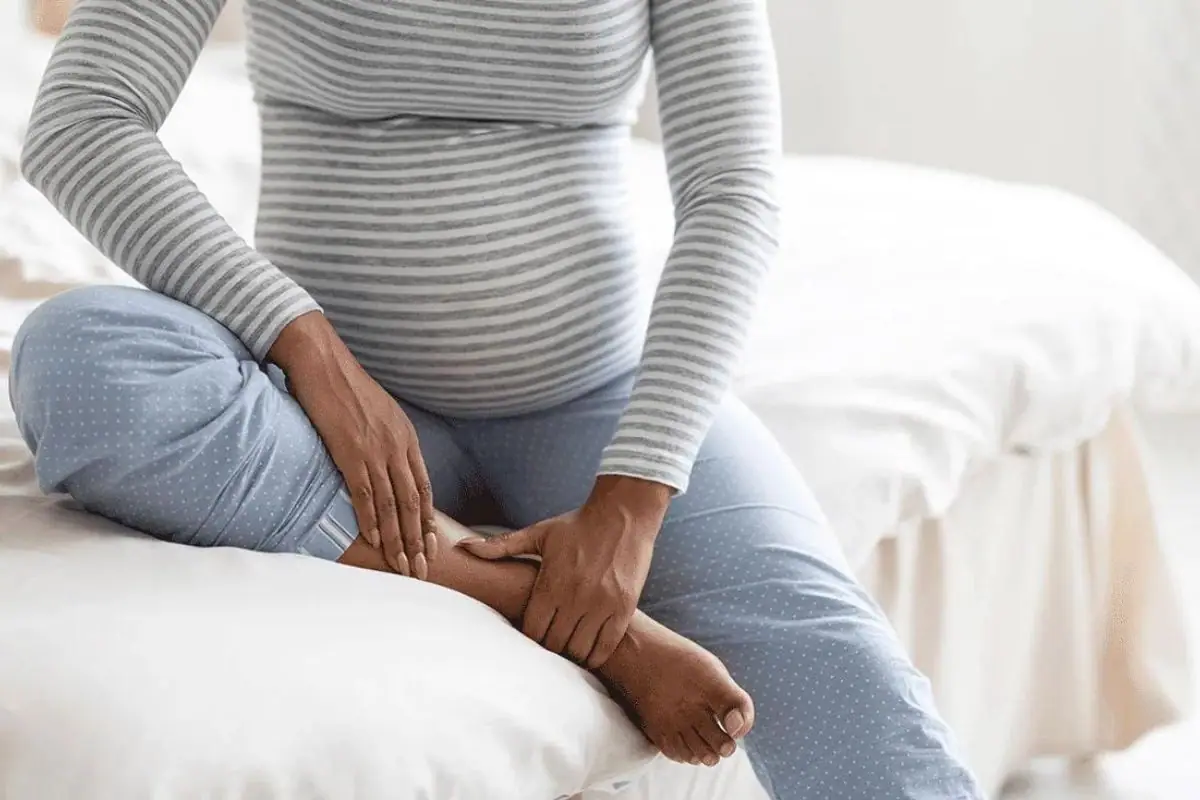
Advertisement
Cold Weather
Chilly conditions are another common trigger for muscle cramps as cold weather can cause muscles to contract and stiffen, reducing flexibility and increasing the risk of spasms. Proper warm-up exercises before heading out into the cold, along with wearing suitable clothing, can keep your muscles more relaxed and less prone to cramping.

Advertisement
Medication Side Effects
Some medications can trigger leg cramps as a side effect. For instance, diuretics, commonly used for high blood pressure management, can lower potassium levels, crucial for normal muscle function. Statins, prescribed for cholesterol control, and some steroids may also cause muscle cramps. These spasms often occur without warning and can be quite severe. If you're experiencing frequent cramps and are on medication, it's prudent to talk to your healthcare provider. They can help you determine if your medication is the culprit and discuss possible alternatives or dosage adjustments to alleviate this uncomfortable side effect.
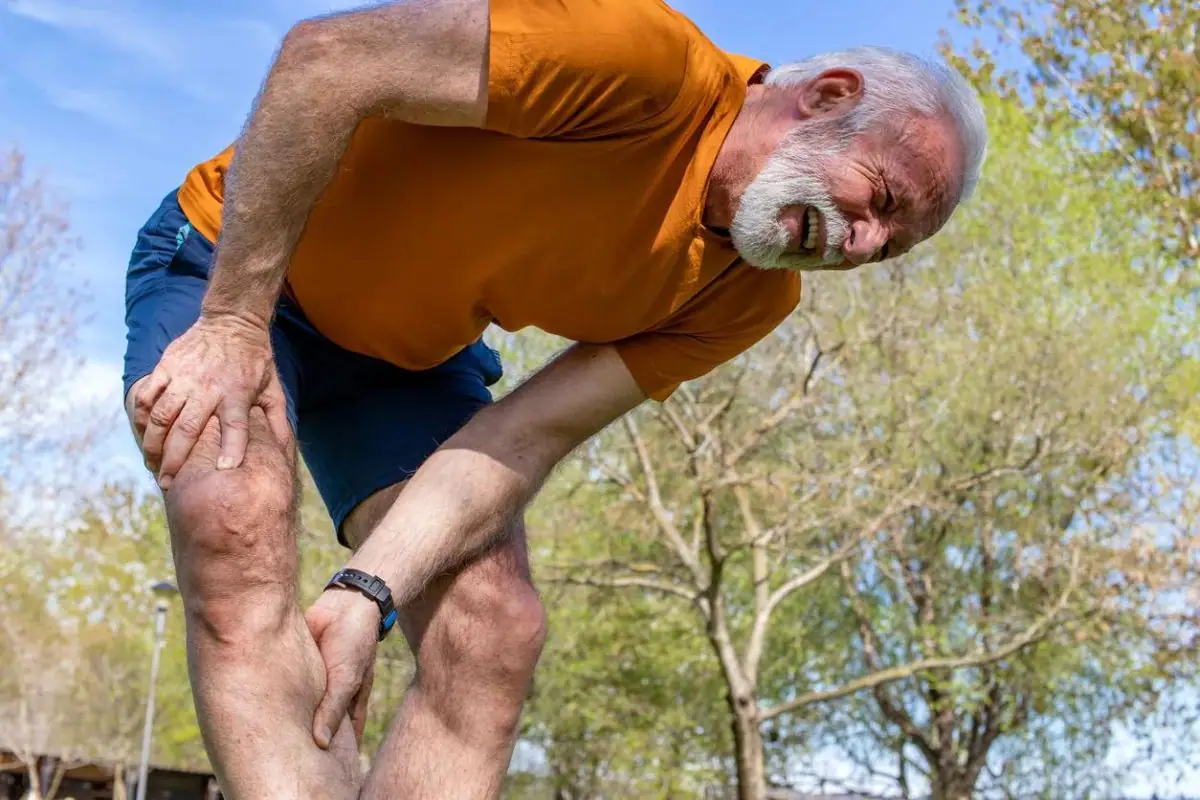
Advertisement
Nutrient Deficiencies
Lacking vital nutrients like potassium, magnesium, and calcium in your diet can lead directly to muscle cramps. These minerals are essential for muscle contractions and relaxation, a deficiency can severely disrupt these processes. To combat this, enrich your diet with nutrient-dense foods. Leafy greens, nuts, bananas, and dairy products are excellent sources of these minerals. Regularly incorporating these foods into your meals can help maintain the necessary mineral balance in your body, reducing the frequency and severity of muscle cramps.

Advertisement
High-Intensity Exercise
Leg cramps are frequently caused by intense exercise routines that may overstrain the muscles, leading to painful spasms. When you kickstart a new workout regimen or jump back into activity after a period of inactivity, your muscles are pushed to adapt quickly, which can lead to cramping. Sudden, vigorous movements can particularly stress the muscles, exacerbating the risk of cramps. To sidestep these painful disruptions, it's wise to gradually ramp up the intensity of your workouts.

Advertisement
Standing or Sitting for Too Long
Maintaining optimal blood flow in your legs demands regular movement, alongside adequate rest. Staying in one position for extended periods, whether standing at a counter or sitting at a desk, can provoke muscle cramps later. To combat this, make it a point to move around and stretch your legs at intervals throughout the day—this helps keep the blood flowing and muscles relaxed.
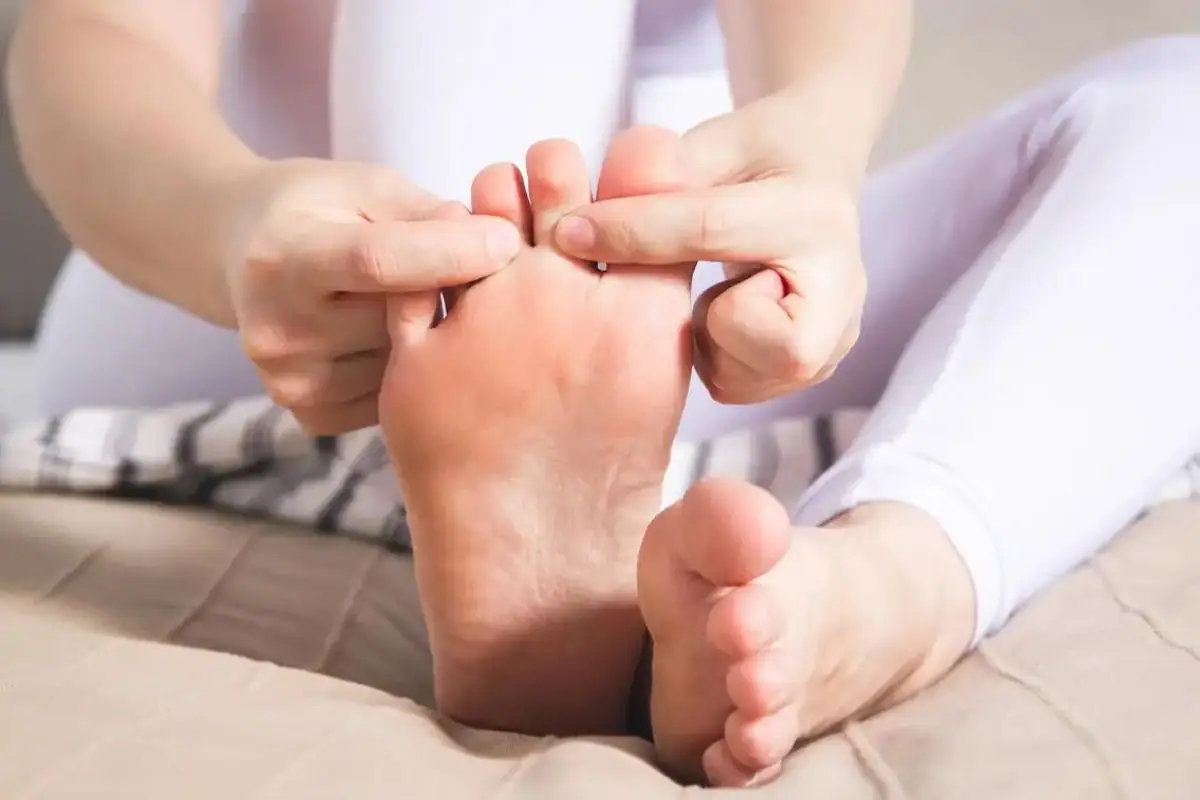
Advertisement
Poor Blood Circulation
Poor circulation in your legs can leave your muscles crying out in pain due to insufficient oxygen supply. Conditions such as peripheral arterial disease (PAD) significantly impair blood flow, often resulting in muscle cramps during physical activities. To improve circulation and reduce these painful episodes, it's important to stay active with regular exercise. Additionally, managing any underlying health conditions with proper medical guidance can enhance blood flow, helping to keep those cramps at bay.
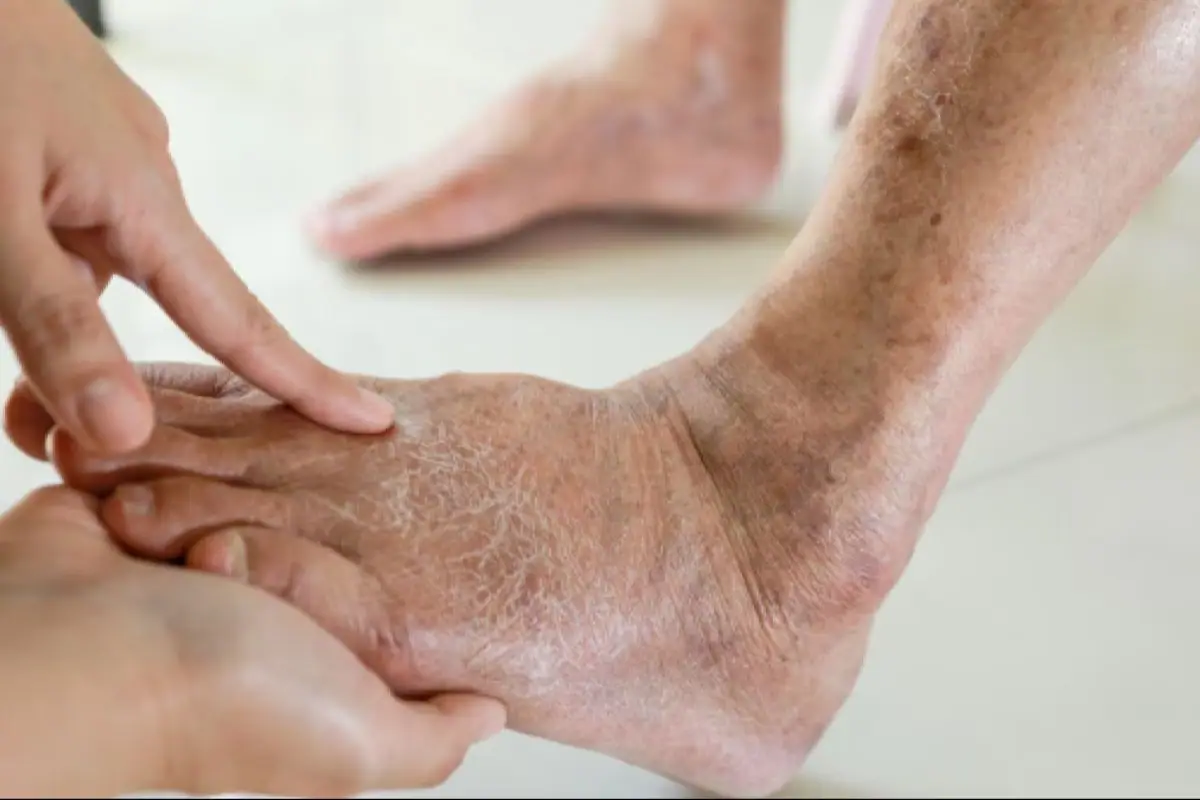
Advertisement
Excessive Alcohol Consumption
Excessive alcohol intake can be a double whammy for your muscles, leading to dehydration and mineral depletion, both of which can trigger leg cramps. Alcohol can also interfere with your sleep cycle, increasing the likelihood of experiencing nocturnal leg cramps. To keep cramps in check, it's advisable to moderate your alcohol consumption and ensure you're hydrating properly throughout the day. This adjustment can significantly reduce the frequency of cramps and improve your overall muscle health.

Advertisement
Neurological Disorders
Neurological disorders such as Parkinson’s disease and multiple sclerosis can impact the nerves controlling muscle movement, often leading to stiffness and cramps. These conditions disrupt normal muscle control, making cramps more frequent and severe. Regular consultations with healthcare providers are crucial for managing these conditions effectively. Treatments may include medications, physical therapy, and lifestyle adjustments to alleviate symptoms and improve muscle function.
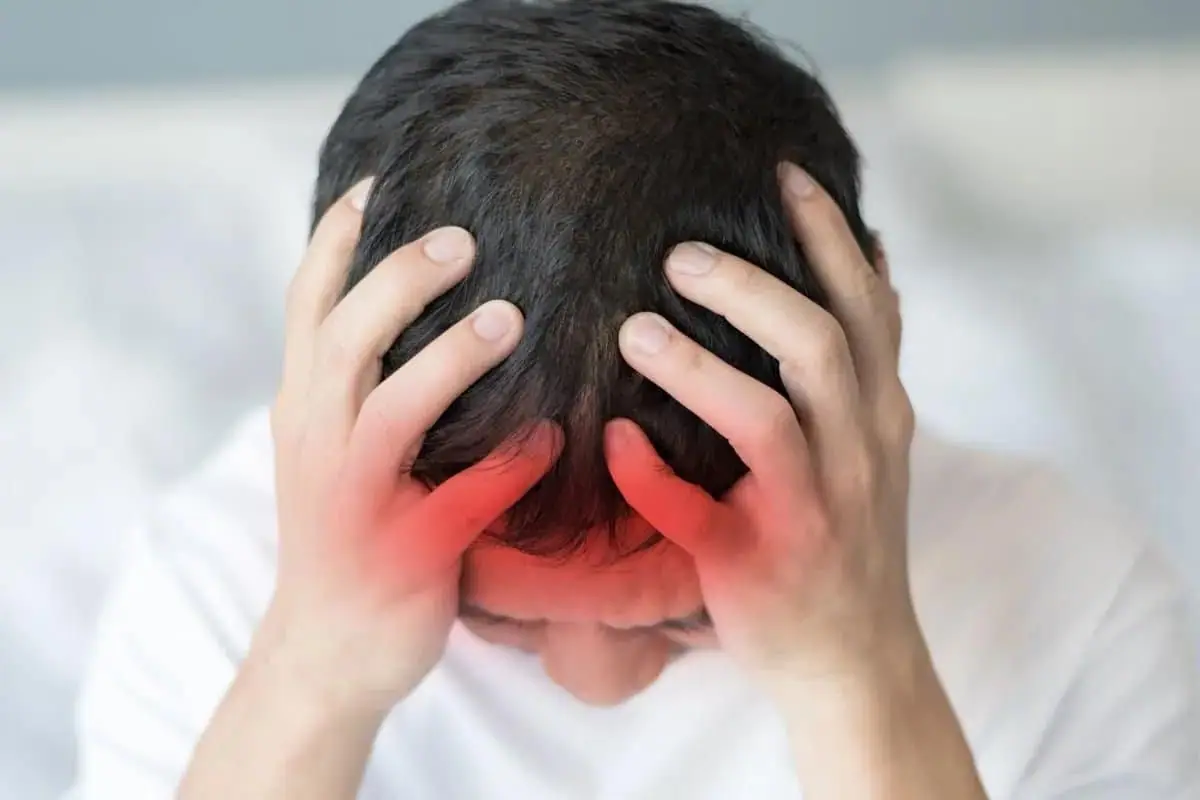
Advertisement
Hormonal Imbalances
Hormonal fluctuations, particularly involving thyroid hormones and estrogen, can affect your muscles. An underactive thyroid, or hypothyroidism, can decelerate your metabolism, resulting in muscle weakness and frequent cramps. On the other hand, changes in estrogen levels during menopause can also cause muscle spasms. Addressing these hormonal imbalances through appropriate medical treatment and lifestyle changes, like diet and exercise, can help minimize cramps and enhance muscle strength.

Advertisement
Kidney Failure
In cases of advanced kidney disease, the body struggles to maintain a balance of minerals and fluids, which can lead to muscle cramps. Patients undergoing dialysis often experience cramps due to rapid changes in blood flow and electrolyte levels during treatment. Regular monitoring and adjustments in treatment by healthcare professionals are essential to manage these symptoms effectively and maintain muscle health.
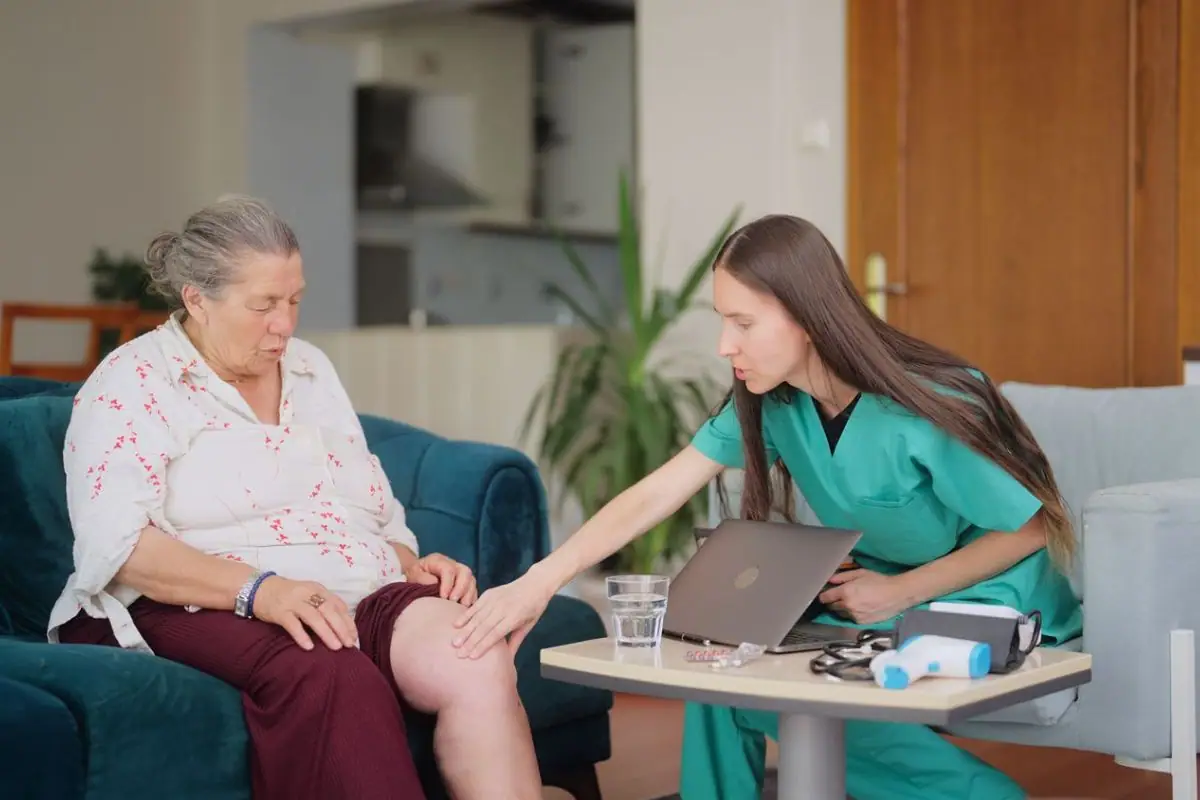
Advertisement
Ageing
As we get older, our muscles naturally lose some strength and flexibility, which increases the risk of cramps. Engaging in regular, gentle exercises and stretching routines can help preserve muscle function and flexibility. This proactive approach can be particularly beneficial for seniors, reducing the frequency and severity of muscle cramps and improving overall mobility and quality of life.
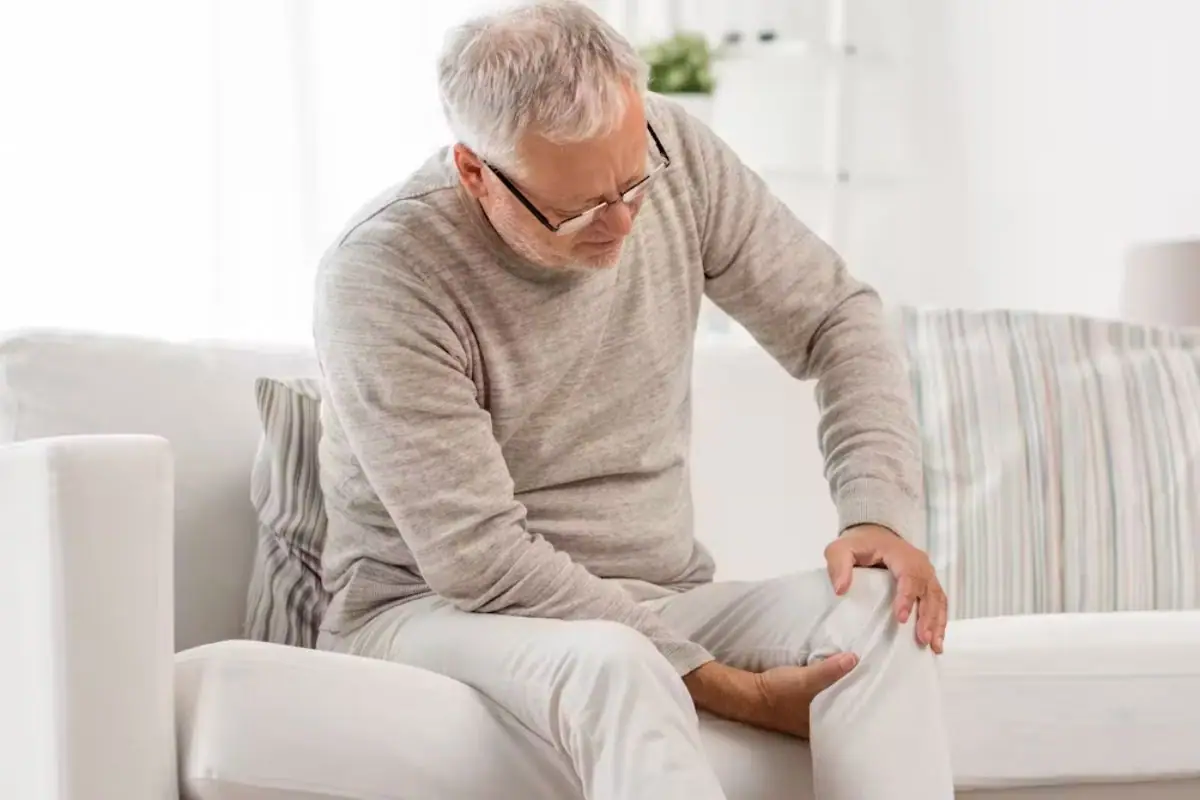
Advertisement
Stress and Fatigue
Stress and physical fatigue can also lead to muscle cramps, as they impair the body's ability to function optimally. When stressed or overtired, muscles may become tense, leading to involuntary spasms and cramps. Employing relaxation techniques such as meditation, ensuring adequate sleep, and managing stress through healthy practices can significantly reduce the likelihood of experiencing muscle cramps, promoting better overall muscle health and well-being.

.png)




